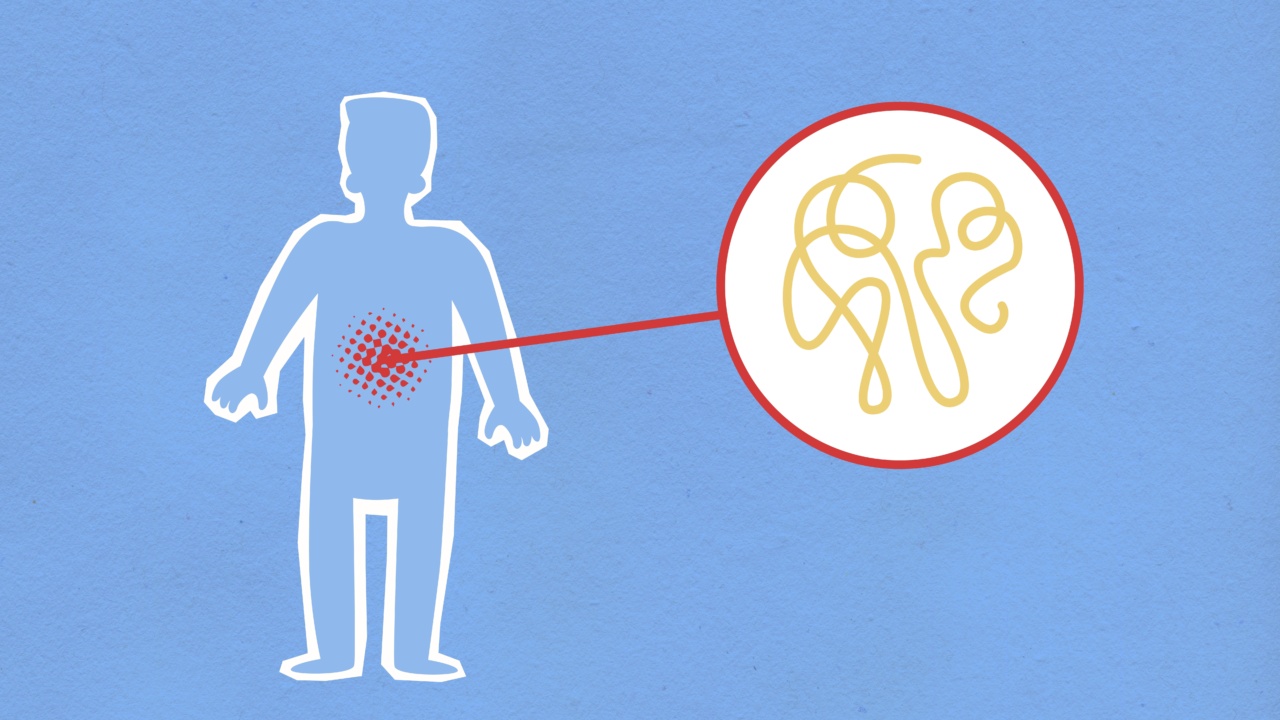Alzheimer’s disease is a complex and progressive brain disorder that affects millions of people around the world.
Recognizing the signs and symptoms of Alzheimer’s disease early can help provide the best possible care and support for the affected individual.
What is Alzheimer’s Disease?
Alzheimer’s disease is a type of dementia that is caused by the gradual death of brain cells over time. This leads to a decline in thinking, reasoning, and memory skills that affects everyday life.
Alzheimer’s disease usually progresses slowly and gets worse over time, which can make it difficult for individuals to perform daily tasks without assistance.
Early Indicators of Alzheimer’s Disease
The early signs of Alzheimer’s disease are often subtle and can be difficult to recognize. However, there are some common indicators that may suggest the onset of this progressive disease.
1. Memory Loss
One of the most common early indicators of Alzheimer’s disease is memory loss. This may be initially noticed as difficulty in remembering conversations, appointments, or recent events.
Over time, this may progress to forgetting important details about their lives, such as names of family members or places they have visited.
2. Difficulty with Everyday Tasks
Individuals with Alzheimer’s disease may experience a decreased ability to perform everyday tasks that were previously easy for them. This may include preparing meals, managing finances, or even maintaining personal hygiene.
3. Disorientation
Another early indicator of Alzheimer’s disease is disorientation to time and place. Individuals may become lost in familiar surroundings or may have difficulty in following directions or understanding spatial relationships.
4. Changes in Mood and Personality
Individuals with Alzheimer’s disease may also experience changes in mood and personality. This could include increased anxiety, depression, or irritability.
They may also experience changes in their social behavior, such as withdrawing from activities they previously enjoyed.
5. Communication Difficulties
As the disease progresses, individuals with Alzheimer’s disease may find it increasingly difficult to communicate effectively. They may struggle to find the right words or to follow a conversation. This can lead to frustration and isolation.
6. Vision and Spatial Impairments
Individuals with Alzheimer’s disease may also experience changes in their vision and spatial perception. This can make it difficult to judge distance and depth, leading to an increased risk of falls or accidents.
Final Thoughts
Recognizing the early indicators of Alzheimer’s disease is important for receiving a timely diagnosis and starting appropriate treatments. It can also help to plan for future care and support for the affected individual.
If you or a loved one is experiencing any of these early signs of Alzheimer’s disease, it is important to seek medical advice as soon as possible.


























